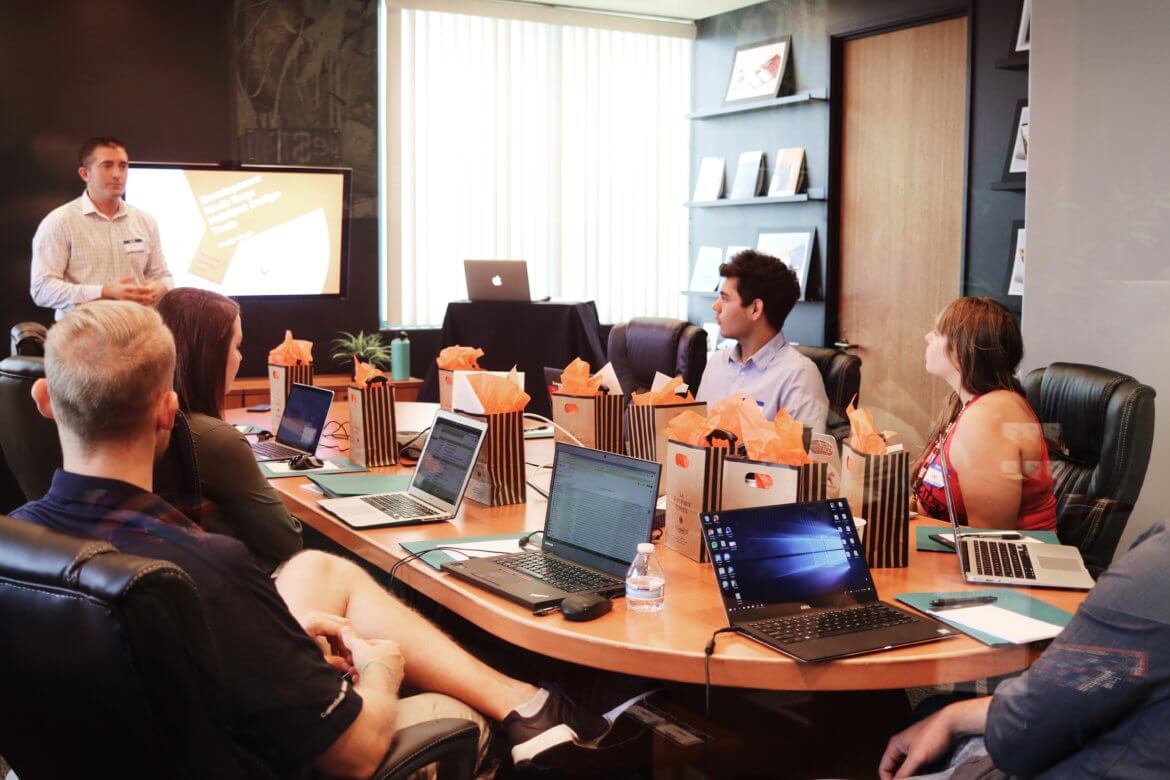
Integrity Is a Critical Component for a Successful Project
Recently, we talked about why integrity is a critical part of project management and what’s required to maintain the integrity of the project and the company.
In brief, the project manager needs to be aware of (and convey to their team):
- The intent of the project
- Why the company is doing the project
- Profitability
- The trade-offs required to achieve the project goal
But that’s not enough. You also need to manage the project with integrity so that it doesn’t get off track.
Integrity in medical device project management can alleviate challenges like:
- High employee (team-member) turnover
- Uncertainties about scope, budget, and deliverables
- Meeting the correct regulatory standards
- Improper quality control and safety mechanisms
- Ambiguous communication
- Uncertain job responsibilities
- Projects going off the rails
Alleviating these project challenges, in turn, leads to:
- Building trust in clients’ minds
- Improving (or maintaining) the organization’s reputation in the market
- Getting things done within schedule and on budget (or as close to it as humanly possible)
- Retaining a good, stable team
- Focused results that move the project forward
- Increased performance for individuals, teams, and the organization as a whole
- Better quality of life and value creation for everyone involved in the project, i.e. the company, employees, customers, hospitals and care centers, and even patients and families
How Team Alignment Contributes to Project Integrity
To have a project that’s truly successful, viable, and long-lasting, the entire team has to work like an orchestra. It’s not merely enough to get to the end of the piece, it has to be done well. Everything (and everyone) has to come together in the right way, at the right times. Similarly, the integrity (and thus the workability) of the project depends on how well each team member performs and fits together in a way that’s right for the project (and the team culture), as well as their individual skill, experience, and knowledge. If one team member doesn’t fit right, the entire project might underperform, or worse, fail. Just like the orchestra conductor, it’s the responsibility of the project manager to make sure that doesn’t happen.
Source: Photo by Manuel Nägeli
Why Are They There?
Besides knowing why a project is being done and its importance to the company, the ‘personal why’ of each individual also plays an important role.
- What drives someone to get up in the morning and come to work?
- Why is the work they do important to them?
- Why is it that they do what they do?
Knowing their (and their teams’) ‘personal why’ will enable a project manager to lead from a palace of passion and purpose. Especially since they’ll be better able to understand what makes the team ‘tick’. Knowing their why will also enable the team members to do the same. And when things get tough (as they often do) their why is what’ll keep them moving forward.
For example, the Waddell Group successfully executes 97% of our projects because our project management consultants are hand-picked for their ‘personal why’ on top of their obvious skills, i.e. their passion for helping people obtain better healthcare by leading medical device projects through development.
What Are They Supposed to Do?
There are different functions within a (project) team that team members fulfill. And the demands on the team members during the project ebb and flow. Let’s take new product development as an example. The research team is involved early on in the project. Their role starts diminishing when the product starts being developed and refined so that it’s marketable. This is when the role of the marketing team members starts intensifying. As the project develops, this will happen for each team member.
As a project manager you need to be aware of these demands on your team(s), the role each member plays in the project, their functions, responsibilities, the tasks they should be accomplishing, by when, and how well. You should also ensure that each team member knows this as well.
Team members, in turn, need to be aware of their function and responsibility in the team, the skills they’re bringing to the table, and for what, and who they need to communicate with.
Source: Photo by Ash Gerlach
Are They the Right Fit?
Jim Collins, in his book ‘Good to Great’ talks about the right seats on the bus. He says, “The executives who ignited the transformations from good to great did not first figure out where to drive the bus and then get people to take it there. No, they first got the right people on the bus (and the wrong people off the bus) and then figured out where to drive it.”
How well the team members fit within the context of the project and the team culture can be determined by:
- Their personality (are they drivers, grinders, alpha dogs…).
- The type of project/ team they’re going to be a part of.
- Their skills.
For example, people who like (and thrive) in high-pressure environments work well on time-sensitive projects. But they’ll tend to get bored in Quality Assurance projects and might disappear or stir things up.
As a project manager, it’s your responsibility to make sure that the right seats are filled with the right people before driving the bus. That means getting the wrong people off the bus and looking for the right people when there is a gap.
Team Success Depends on the Integrity of the Project Manager
The personal integrity of the project manager also plays a huge role in leading the team to success. As mentioned in this article, integrity is one of the 9 key qualities of a great project manager. After all, their actions set an example and determine ethical standards for the rest of the team.
For a successful project manager, integrity is more than just a ‘soft skill’ or a moral value:
- It’s taking decisive action.
- It’s taking ‘ownership’ of the project.
- It’s communicating clearly and in a timely manner.
- It’s clarity on the reason behind undertaking the project and what the project means to the company and stakeholders.
- It’s taking responsibility for your actions and that of others.
- It’s about “honoring your word” and clearing up the resulting mess if you’re unable to do so.
Ready to dive into your new project with integrity but don’t know where to start? Feel free to reach out! Schedule a free 15 min discovery call now.
Don’t forget to share this article if you think it’ll be useful to your company, friends, colleagues, or team members.


